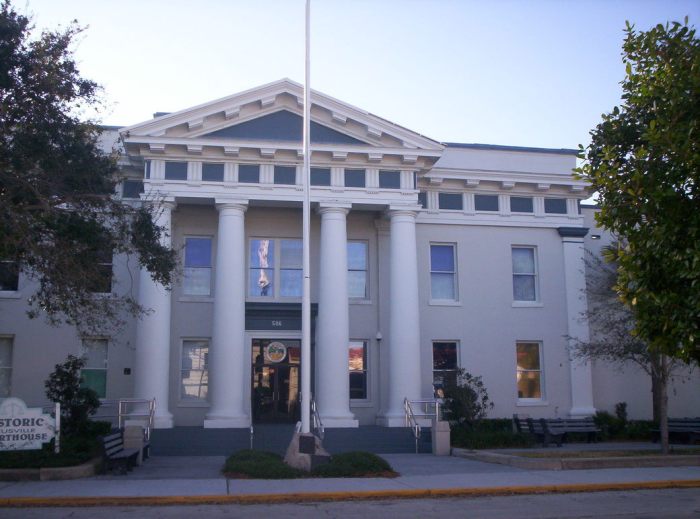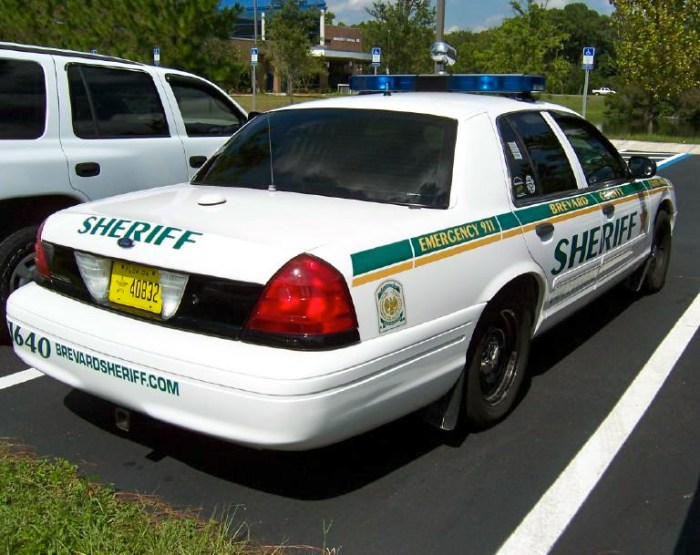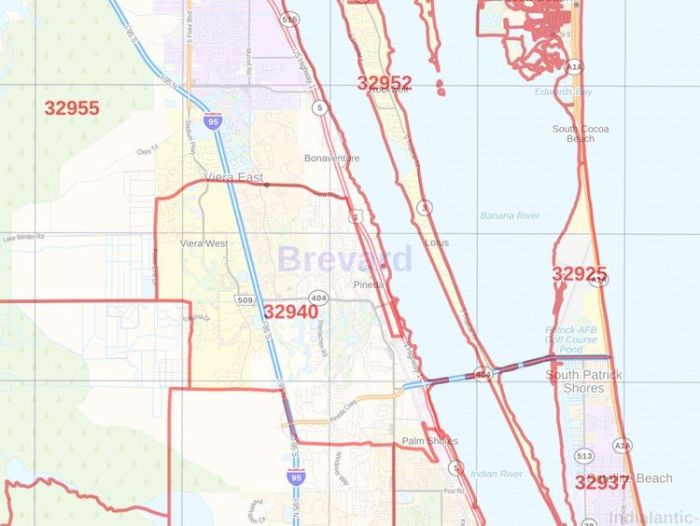Police codes brevard county florida – Police codes are an essential tool for law enforcement officers in Brevard County, Florida, enabling effective communication and coordination. This comprehensive guide explores the purpose, types, and usage of police codes in the county, providing valuable insights into their impact on public safety.
Police codes in Brevard County encompass a wide range of categories, including traffic violations, criminal offenses, and emergency situations. Officers receive extensive training and certification to ensure proper understanding and application of these codes.
Brevard County Police Codes: Police Codes Brevard County Florida

Police codes are a vital tool for law enforcement officers in Brevard County, Florida. They provide a standardized and efficient way to communicate important information quickly and accurately. These codes cover a wide range of situations and incidents, from routine traffic stops to major emergencies.
The Brevard County Sheriff’s Office maintains a comprehensive list of police codes that are used by all law enforcement agencies in the county. These codes are divided into several categories, including:
- Traffic codes
- Criminal codes
- Incident codes
- Officer safety codes
- Administrative codes
Each category contains a number of specific codes that are used to convey specific information. For example, the traffic code “10-50” indicates that a vehicle is being reported stolen, while the criminal code “211” indicates that a robbery has occurred.
Use and Implementation, Police codes brevard county florida
Police officers use police codes in a variety of ways. They may be transmitted over the radio, by telephone, or even in person. When an officer transmits a police code, they will typically start by stating their agency and location, followed by the code itself.
For example, an officer might say, “Brevard County Sheriff’s Office, 10-50 at 123 Main Street.”
The receiving officer will then acknowledge the code and take appropriate action. For example, if an officer receives a 10-50 code, they will immediately begin searching for the stolen vehicle.
Police officers are required to undergo training and certification before they are allowed to use police codes. This training ensures that officers are familiar with the codes and know how to use them properly.
Code Dissemination and Accessibility
Police codes are disseminated to officers and the public in a variety of ways. The Brevard County Sheriff’s Office publishes a list of police codes on its website, and many other law enforcement agencies also make their codes available online.
In addition, many police departments use computer-aided dispatch (CAD) systems that automatically generate police codes based on the information that is entered by the dispatcher. These systems can also be used to track the status of incidents and to provide officers with real-time updates.
Police codes are also used in emergency situations. For example, if a police officer is in danger, they may transmit a 10-33 code, which indicates that they need immediate assistance.
Impact on Public Safety
Police codes have a positive impact on public safety by improving communication and coordination among officers. They also allow officers to quickly and efficiently respond to incidents. However, police codes can also lead to misunderstandings or confusion, especially if they are not used properly.
To avoid misunderstandings, it is important for police officers to be familiar with the codes and to use them only when necessary. It is also important for the public to be aware of the most common police codes so that they can understand what is happening when they hear them being transmitted.
FAQ Summary
What is the purpose of police codes?
Police codes are used to convey specific information quickly and efficiently during police operations.
How are police codes disseminated to officers?
Police codes are typically disseminated through training manuals, online databases, and mobile applications.
Can the public access police codes?
In some jurisdictions, police codes are available to the public, while in others, they are restricted for official use only.

